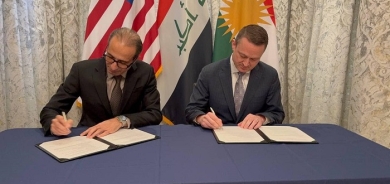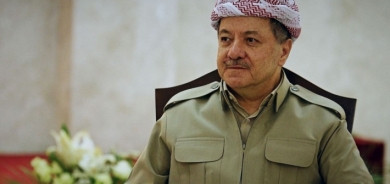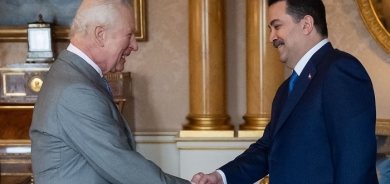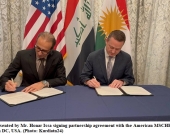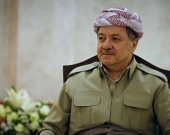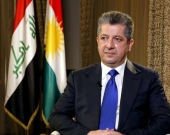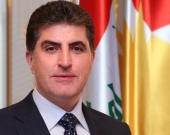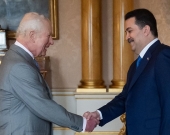Egypt’s constitutional court says army and police should vote

The country's Supreme Constitutional Court said Saturday the barring army soldiers and police from voting violated the country's new constitution, which stipulates that all citizens have the right to vote.
For decades, a long-running legal tradition in Egypt's army and police barred soldiers, conscripts and members of the security from voting while in the service. The ban, which was written into law in 1976, was widely seen as a move designed to keep both the military and the security agencies out of politics - despite the fact that the country was run by former generals.
In addition, the court also shot down its Saturday ruling 12 other articles of the election laws drafted by Egypt's Islamist-led legislature, saying they too were unconstitutional and run against the newly adopted charter, which was highly disputed by was approved in a popular vote in December.
Human rights groups and some in Egypt's secular opposition welcomed the decision, saying that in Egypt's nascent democracy the right to vote should be extended to all Egyptians. Islamists and former members of the military, however, expressed fears that the decision risks forcing the nation's highly polarized politics into the armed forces.
“This is a threat to national security. Divisions in the streets will be reflected in the military - the sectarianism, the partisanship,” said Hossam Sweilam, a retired general who served in the military for more than 30 years, as quoted by the Associated Press.
“We are different from other countries. We have political problems. ... This (ruling) would be in the interest of the Muslim Brotherhood and could be a problem for the cohesion of the military,” he added.
The Brotherhood, winner of both the parliamentary and presidential elections that followed the country's 2011 uprising, and its fellow Islamist groups also pushed back against the decision, which would add more than 1 million votes to Egypt's already 50 million registered voters.
Mourad Aly, a senior advisor for the Brotherhood's Freedom and Justice Party, said the court's ruling raises questions about attempts to bring the military into politics through the back door.
“Is the point transferring the political polarization into military units? Would any reasonable person agree to have politics and election campaigns in the barracks?” he asked on his Facebook page. “Keep your hands off Egypt's army and don't force it into the parlors of politics. It has a sacred mission from which it shouldn't be distracted.”
Some in Egypt's secular opposition praised the ruling, while cautioning that safeguards need to be put in place to ensure the police and military are not abused by political powers in the election process.
Ziad el-Oleimi, one of the leading youth figures in the 2011 uprising and a member of one of the new secular parties, said as a matter of principle the court decision extends a universal right to members of Egypt's military and police. But, he said, as the military and police are currently the monitors of the election process, there should be new elements to guard the integrity of the elections.
“It can be a double-edged sword if there are no guarantees from civil society and the international community to monitor these elections,” he said. “We have to make sure that the executive doesn't direct and use these votes as it sees fit.”
The debate reflects the divide over the role of the military in Egypt's political life since the 2011 revolt that swept autocrat Hosni Mubarak - a former air force general - from office and brought the country's first civilian president to power.
For the last six decades, Egypt was run by a military officer, and the military establishment enjoyed an expansive network of influence and business that were largely shielded from accountability or public review.
Al Arabiya and The Associated Press -

